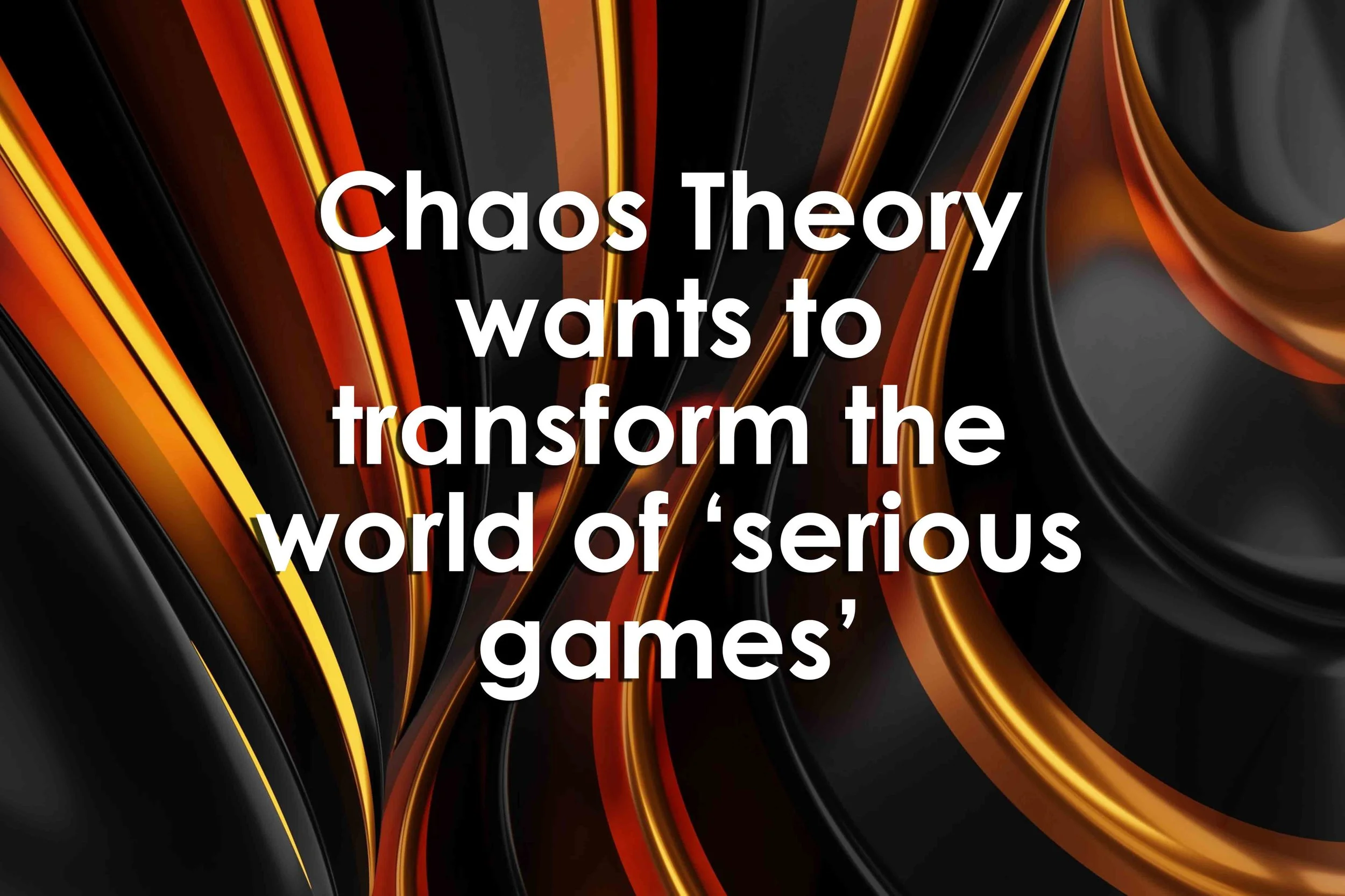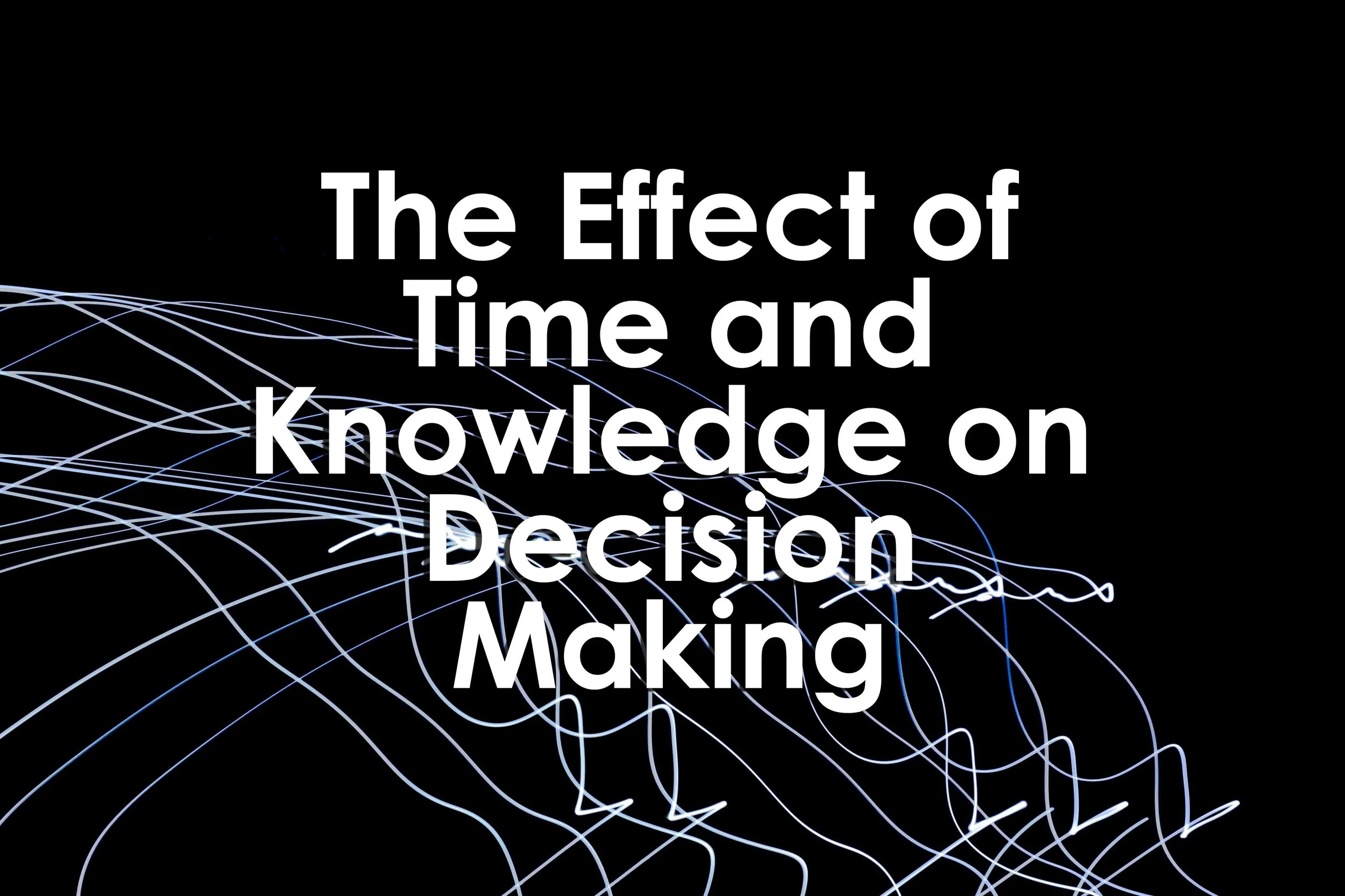Success in skill-based gaming is determined by a player's physical skills, such as reaction or dexterity, or mental skills, like logic and knowledge. Examples of skill-based games include Solitaire Cash and Bubble Cash from Papaya Gaming. There are six significant market changes that will see skill-based gaming grow over the coming years.
Read More"But that is not what happened. We have been learning that game design knowledge can influence the kind of research that neuroscientists think is feasible."
Read MoreFor Sydney-based game developer Chaos Theory Games, this transformation is what truly defines the 'serious games' industry. 'I definitely prefer the term "Transformational games" because I think it's more descriptive of the sorts of experiences that we build,' Nico King, Executive Creative Director at Chaos Theory told GamesHub of the team's approach to serious games.
Read MoreWhilst it may seem that having more time would lead to better decisions, if we look purely at Decision Field Theory, Construal Level Theory tells us that too much time will lead to postponing that decision in favour of other, more concrete decisions that need to be made.
Read MoreIn his landmark 2003 book What Video Games Have to Teach Us About Learning and Literacy James Paul Gee detailed the ways video games do a better job of facilitating literacy learning than education institutions. Now is the perfect time to revisit the principles of why video games are so good at teaching and learning in ways most virtual classes don't seem to be.
Read MoreGame-based learning is an educational approach that uses various physical and virtual games, puzzles, simulations, and role-playing to reach the contemplated learning outcomes. Educational content is inextricably intertwined with the gameplay, so learners grasp new concepts and acquire necessary knowledge and skills while exploring relevant aspects of the game.
Read More






